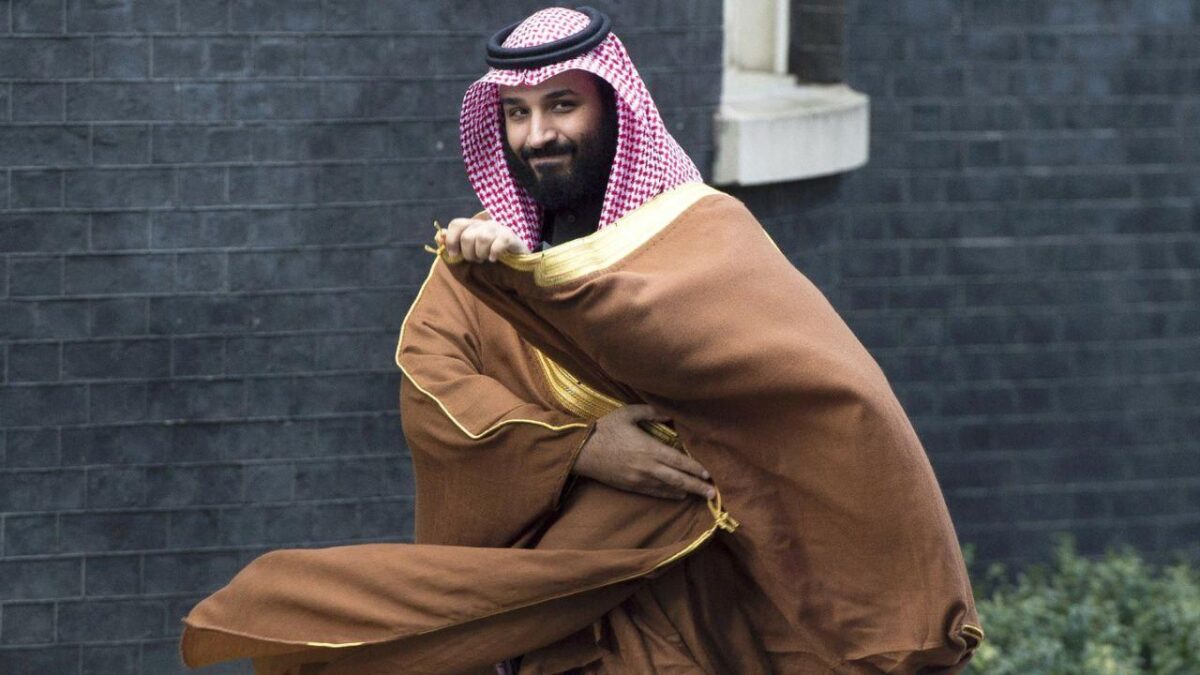Mohammad Shariati Dehaghani, a former Iranian envoy to the Organization of Islamic Cooperation, says “basically, news whose authenticity is not backed up by evidence is not believable.”
“In politics, there should always be behind-the-scenes stuff and reports that would verify the trend of détente,” he told Entekhab news website.
“Saudi Arabia’s behaviour in Yemen, Iraq, Lebanon, Syria and the whole Middle East region do not bear witness to Riyadh’s true demand that Baghdad mediate between Iran and Saudi Arabia,” he added.
“Also, one should bear in mind that despite some local problems that Saudi Arabia is facing such as oil issues, economic problems and some differences with the United States in different areas, still we are not seeing any field action in that regard,” said the analyst.
“At another level, the United Arab Emirate (UAE)’s behaviour with regards to the normalization of relations with Iran cannot be taken so seriously,” he added.
“Currently, we are seeing that anti-Iran propaganda is still going on in Saudi media. Saudi media’s anti-Hezbollah stance as well as their dealing with the Yemen crisis and a push to extend the UN arms embargo on the Islamic Republic all have an-anti Iran tendency,” he said.
“Still, there is no fixed trend for politics and one should wait and see how developments will play out in the future,” the expert added.
In this interview, the analyst said neither Iran, nor Saudi Arabia benefit from animosity, and both sides must bury the hatchet and normalize their relations.
He further touched upon the requisites for the normalization of Tehran-Riyadh ties.
“At the first level, we believe that the main and key prerequisite to détente and the commencement of talks between Iran and Saudi Arabia is to moderate the climate of propaganda and media war between the two sides. To that end, responsibility lies with Riyadh more,” he said.
“Both before and after the coronavirus outbreak, the Islamic Republic of Iran time and again emphasized the necessity of regional détente and dialogue, and has dismissed the presence of foreign forces as a detriment to regional security,” he said.
“Tehran has also stressed the need for regional cooperation to counter COVID-19; however, Saudi Arabia’s mass and social media have all, directly or indirectly, focused their efforts on anti-Iran propaganda,” he added.
“Therefor, a halt to propaganda campaigns could be the first, and of course a practical step between the two sides,” he added.
“As political will began to get underway, and is underway, with regards to detente with the United Arab Emirates, it also seems necessary to start the process of détente with Saudi Arabia. Of course, even with regards to the UAE, there is a long way to go; however, such a trend has not started yet with regard to Saudi Arabia,” he added.
“Moreover, one should bear in mind that one of the manifestations of Saudi Arabia’s real intention of reaching détente with Iran would be for Riyadh to stop the trend of normalization of ties with Israel, which has seriously been pursued over the past years,” he said.
He also expressed his views on what solutions he offers to manage future relations between Tehran and Riyadh.
“Definitely, one of the most necessary strategies in our country’s foreign policy arena would be no normalize relations with Saudi Arabia. Basically, regardless of its detriments, animosity with Saudi Arabia will have no benefits for our country,” he said.
“Unfortunately, political rulers in Saudi Arabia still believe their interests lie in being hostile to Iran and try to change enmity with Israel to animosity with Iran in order to please Trump,” he added.
“Still, we believe that we should welcome any opportunity that would led to the normalization of ties and easing of animosity between the two countries,” he said.
“Again I emphasize that there has been no evidence, yet, which suggest Saudi Arabia really favours détente with Iran, but what is certain is that neither side will benefit from enmity, and the normalization of relations can serve both sides’ interests and help solve their economic and political problems,” said the analyst.
